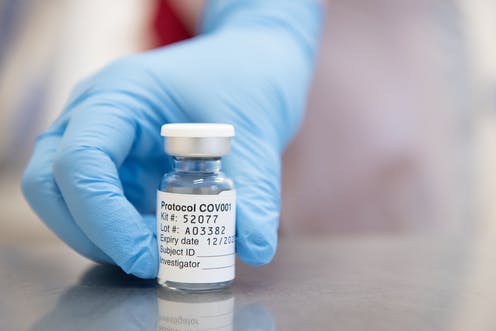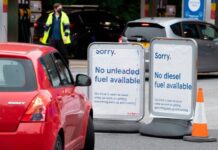Australian doctors have reported a surge in the number of people cancelling their vaccine appointments, amid a new wave of caution over the AstraZeneca jab.
It comes after the government updated guidance last week to recommend only those aged over 60 get the shot, due to the risk of a rare blood-clotting syndrome.
Under-60s have been advised to get the alternative Pfizer shot, of which there are limited supplies.
Turning down any vaccine – and AstraZeneca is the world’s most widely used one – may seem remarkable to other nations still battling rampant Covid.
But Australia is one of the few nations where the virus has never truly taken hold. So for many locals, even amid new outbreaks in Sydney and Melbourne, the risk of catching Covid is seen as lower than developing a rare blood clot.
Vaccine hesitancy has been an issue in Australia for months. But experts now fear the government’s latest downgrade has hindered the nation’s vaccination progress.
“All across the country people are cancelling appointments or asking about whether they should even have their second dose,” says Dr Karen Price, president of the Royal Australian College of General Practitioners.
“It has definitely put a big barrier on the vaccine rollout,” she told the BBC.
“We’re going to have to regroup and regain confidence in it, as it’s really important to keep the vaccination programme rolling out. We still have elderly people unvaccinated, and we’re seeing community transmission again.”
What has Australia said about AstraZeneca’s vaccine?
Australia’s vaccine programme began in February, and is currently open to all aged over 40.
But so far only 3% of adults have been vaccinated, while nearly 25% have received a first shot.
Comparatively, it is far behind many other Western nations, partly due to citizens’ vaccine hesitancy, but also due to the government’s missteps in securing supplies.
Until April, the government had relied upon AstraZeneca to be its main jab vaccinating the nation. Local labs were set up to churn out its production.







